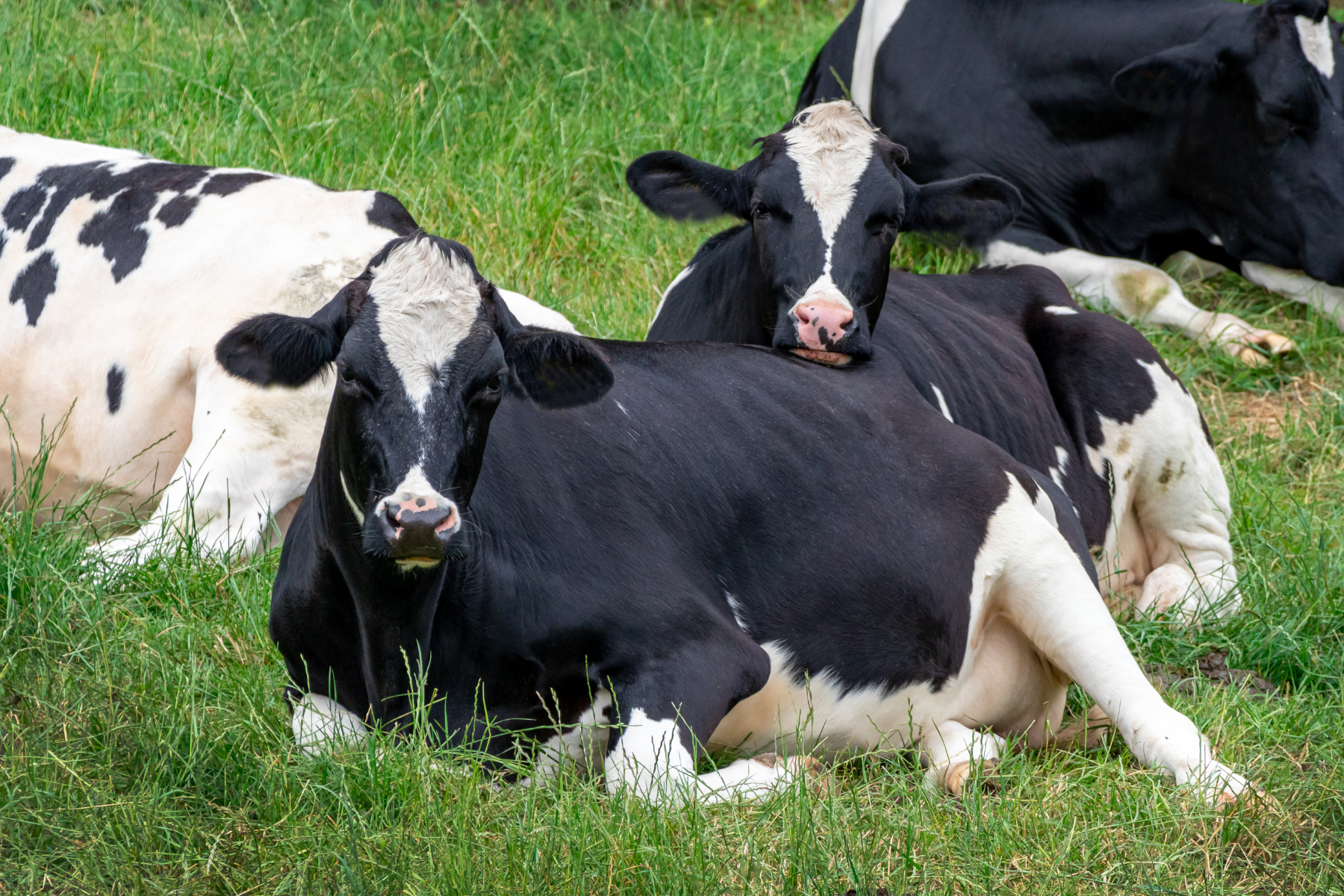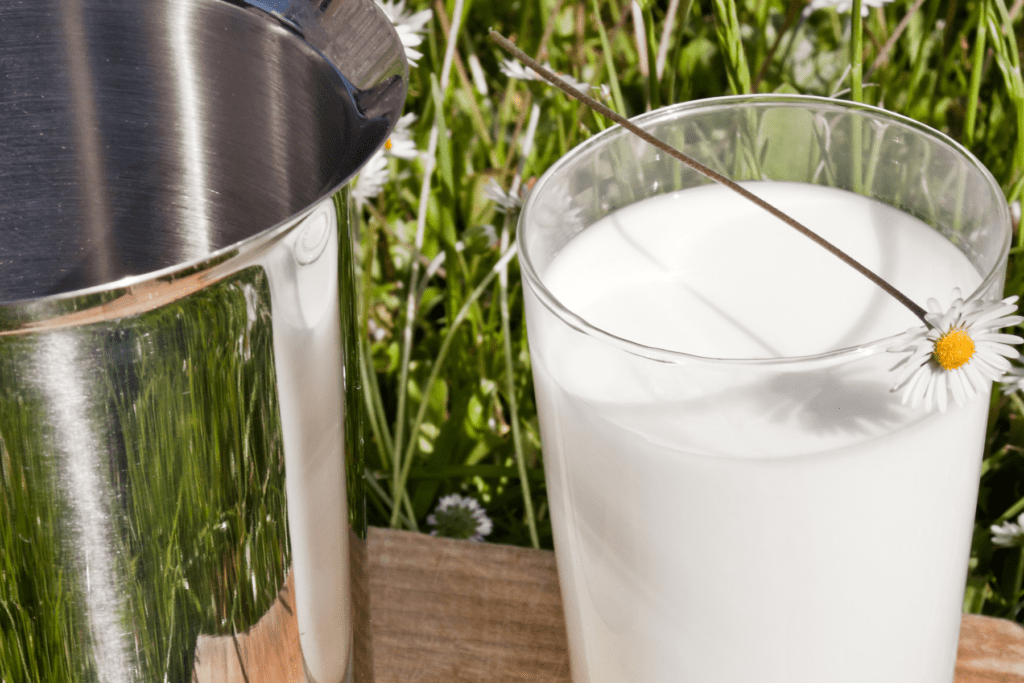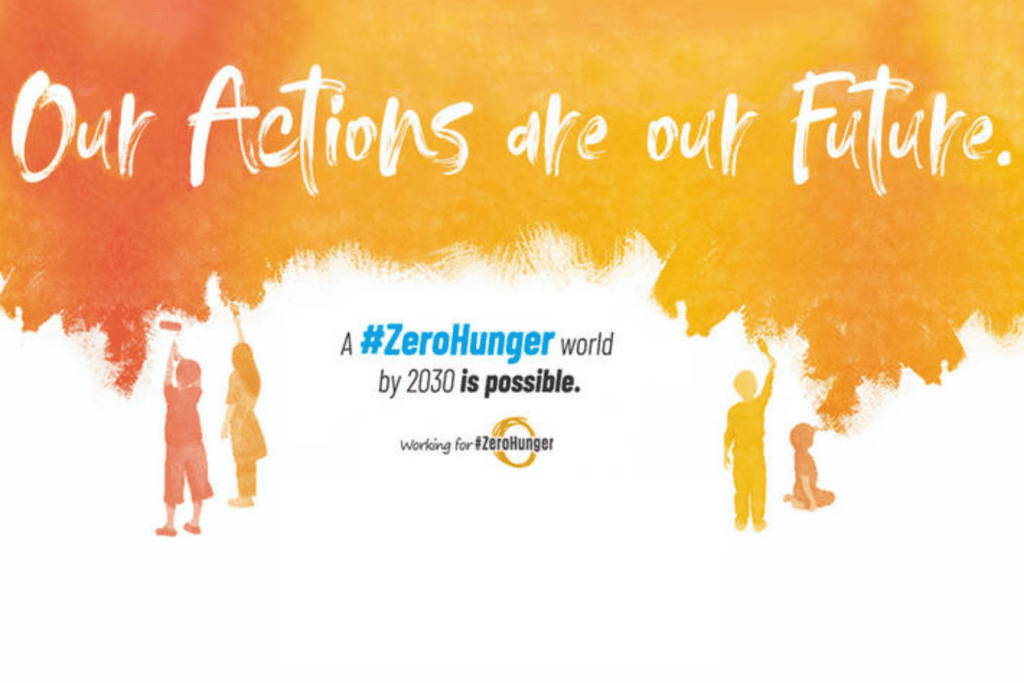 Reducing animal-based products in favour of plant-based products does not impact the environment any less as the carbon footprint is not greatly reduced, Dr Stephan Peters of the Dutch Dairy Association, NZO, will point out in his talk at IDF World Dairy Summit 2018 in Daejeon, South Korea, on 17 October. He will address the issue of sustainable diets and their environmental impacts.
Reducing animal-based products in favour of plant-based products does not impact the environment any less as the carbon footprint is not greatly reduced, Dr Stephan Peters of the Dutch Dairy Association, NZO, will point out in his talk at IDF World Dairy Summit 2018 in Daejeon, South Korea, on 17 October. He will address the issue of sustainable diets and their environmental impacts.
Dr Peters will outline studies in The Netherlands on life cycle assessments (LCAs) used to calculate the environmental impact of each product from production to consumption. The studies have revealed that every household (averaging 2.18 persons in The Netherlands) produces 23 tonnes of carbon emissions annually. Around a quarter of the amount – 5.6 tonnes of carbon emissions – are from food production. They comprise carbon dioxide emissions from the following foods: meat and fish (1.8 tonnes), dairy and eggs (1.1 tonnes), vegetables and fruits (0.5 tonnes) and all other products (2.2 tonnes).
“Theoretically, carbon emissions from the human diet could be reduced by 2.9 tonnes annually by becoming a vegan,” said Dr Peters. “But the calories and nutrients lost by avoiding animal products have to be compensated by consuming a larger quantity of plant-based products, which have a carbon footprint as well. And they all add up.”
Dr Peters explained that transitioning towards a more sustainable diet involves eating more locally produced foods, less processed foods (particularly those made from many different ingredients) and reducing food waste. By eating less animal-based products and more plant-based products, the consumer must ensure that their new diet still lowers their carbon footprint. Achieving this goal is not easy, according to Dr Peters, who is also the Chair of IDF’s Standing Committee on Nutrition and Health.
“Alternative foods must still provide the essential nutrients our bodies need,” Dr Peters stated. “By omitting nutrient-rich dairy, for example, nutrient replacement has to come from other food products. The individual will have to consume more than the recommended daily amount of fruits and vegetables to attain optimum calcium intake as the latter has relatively less nutrients compared to dairy. When you examine the environmental effects of the considerable amounts of food substitutes needed to be consumed, this results in almost the same amount of carbon emissions as dairy.”
Dr Peters emphasized that moving to a largely plant-based diet does not necessarily result in a more environmentally-friendly diet. He added that an optimal diet produces 3.67 kgs of carbon emissions daily while a dairy-free diet produces 3.53 kgs of carbon emissions, which is a negligible amount. Therefore, Dr Peters concluded that maintaining dairy consumption at the current level will not impact greatly on a sustainable diet.
Lifestyles, he said, have a much greater environmental impact, especially if it involves eating a lot of imported fruits and vegetables, and travelling.
“A flight to a distant part of the world for work or vacation can undo an entire year’s worth of environmental benefits from a vegan diet of locally grown food,” said Dr Peters.















